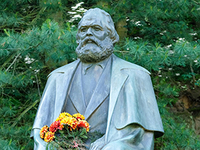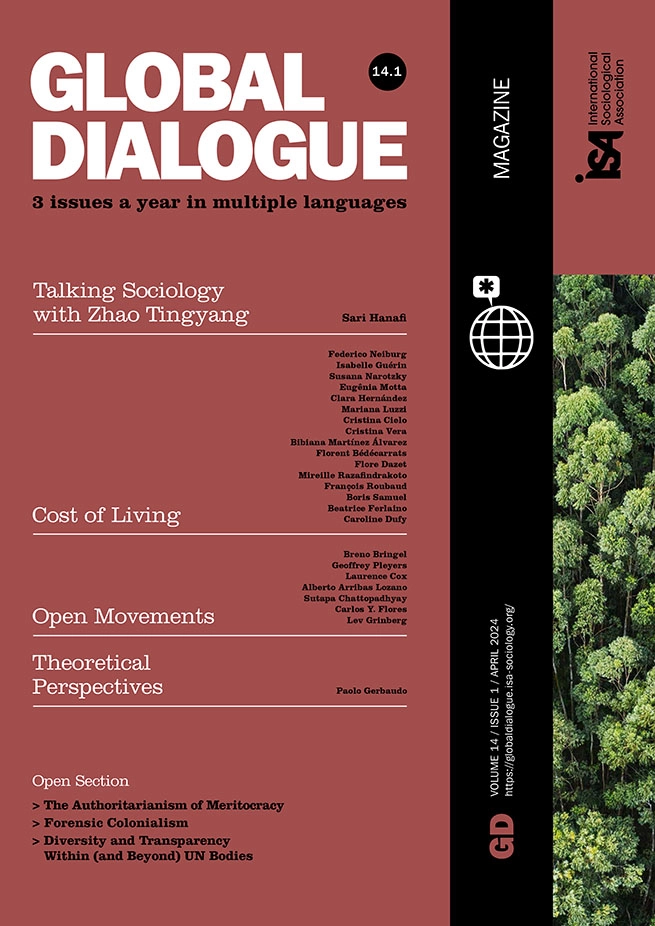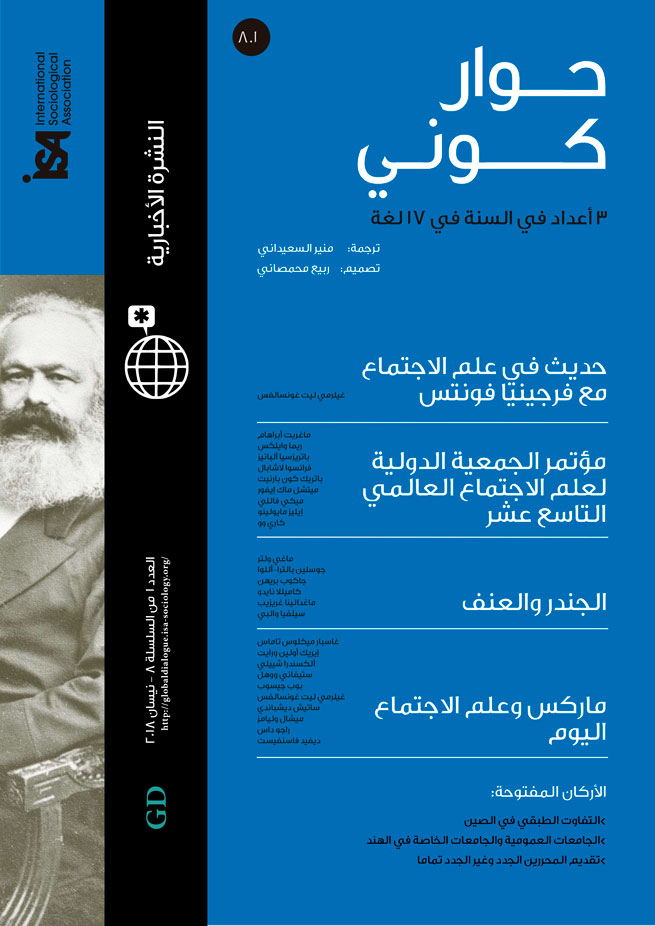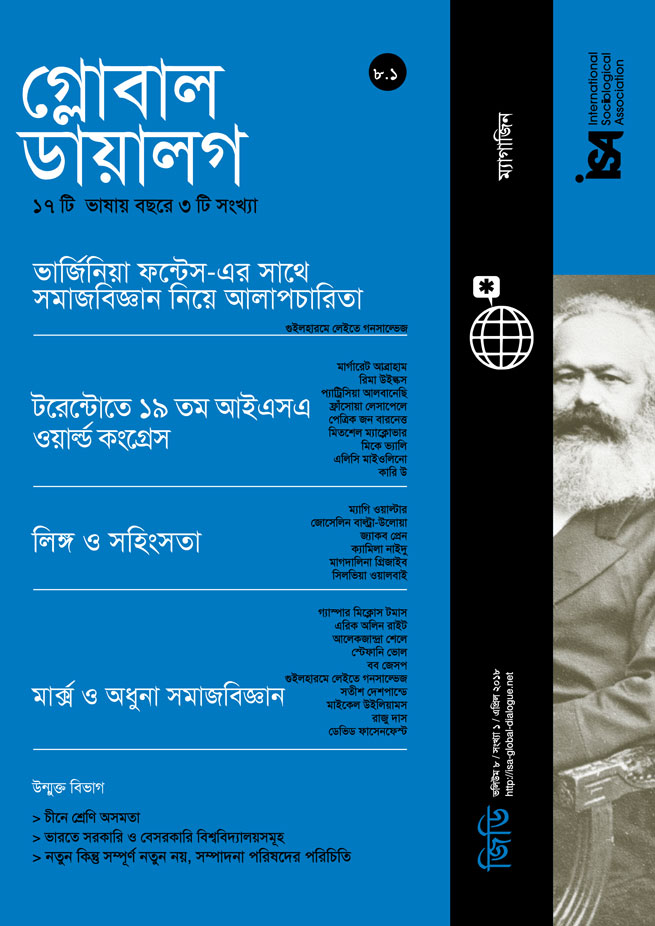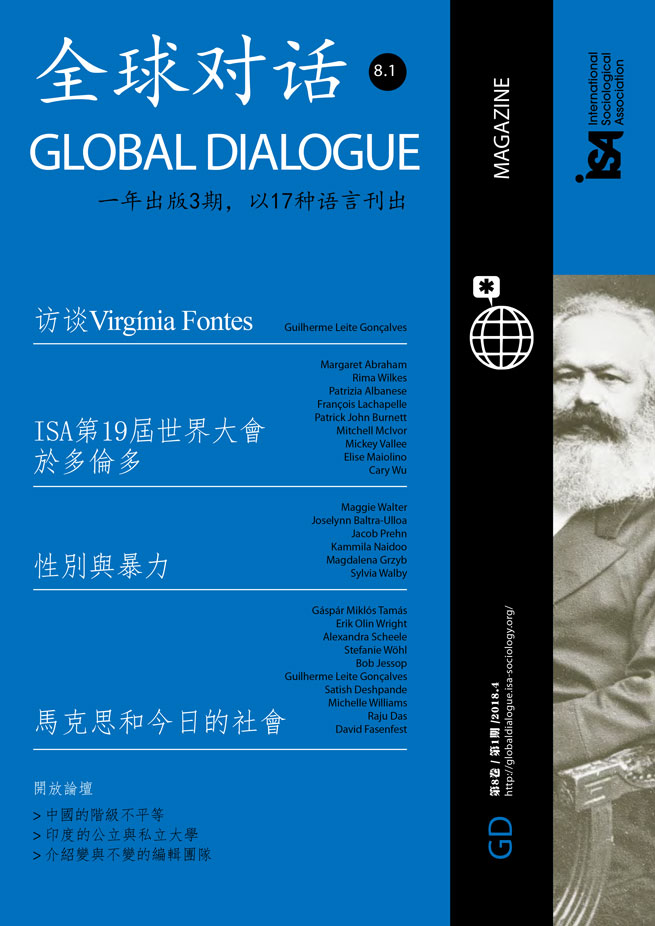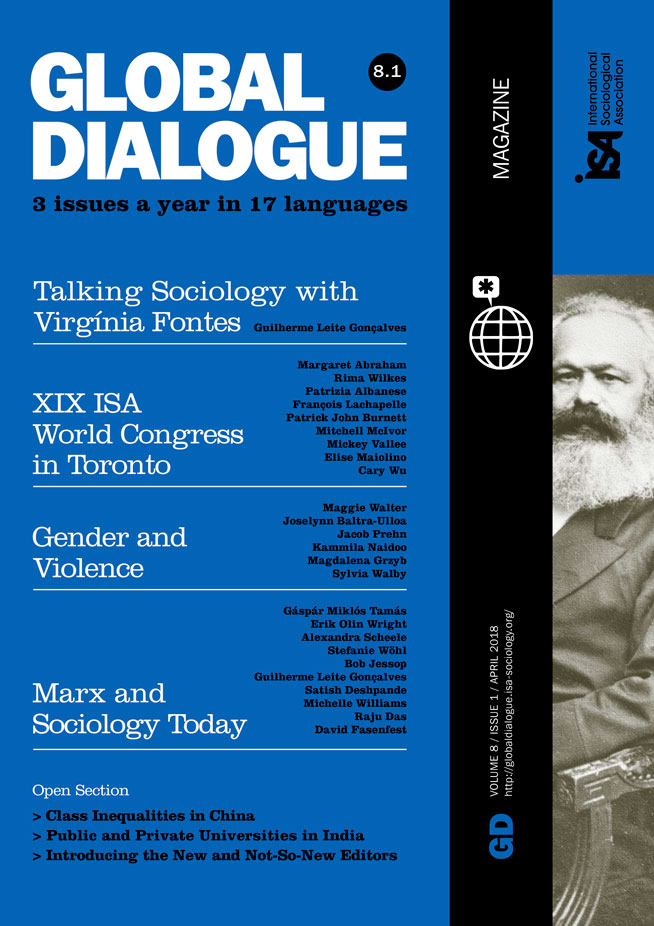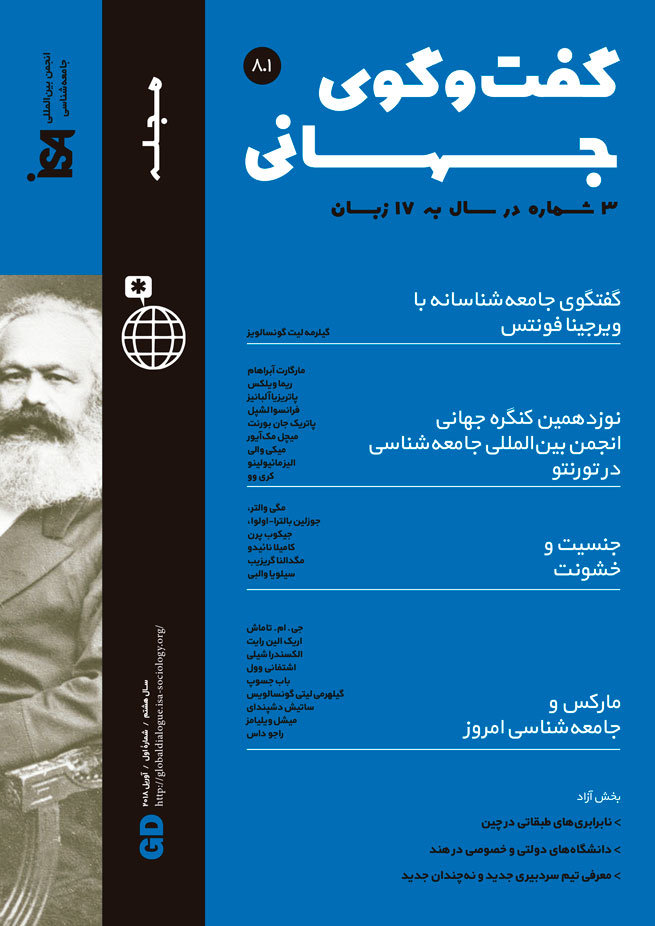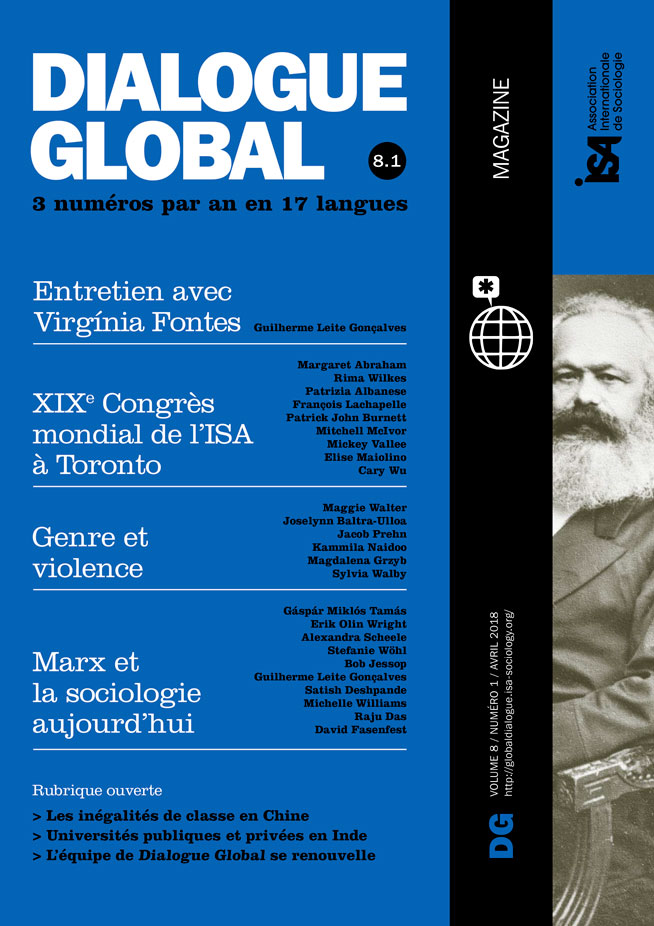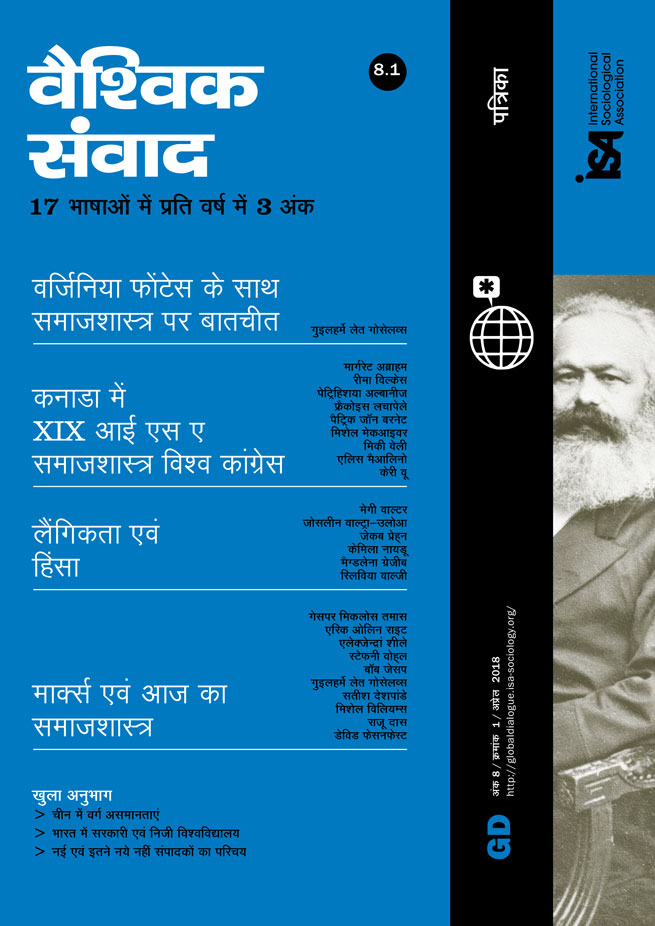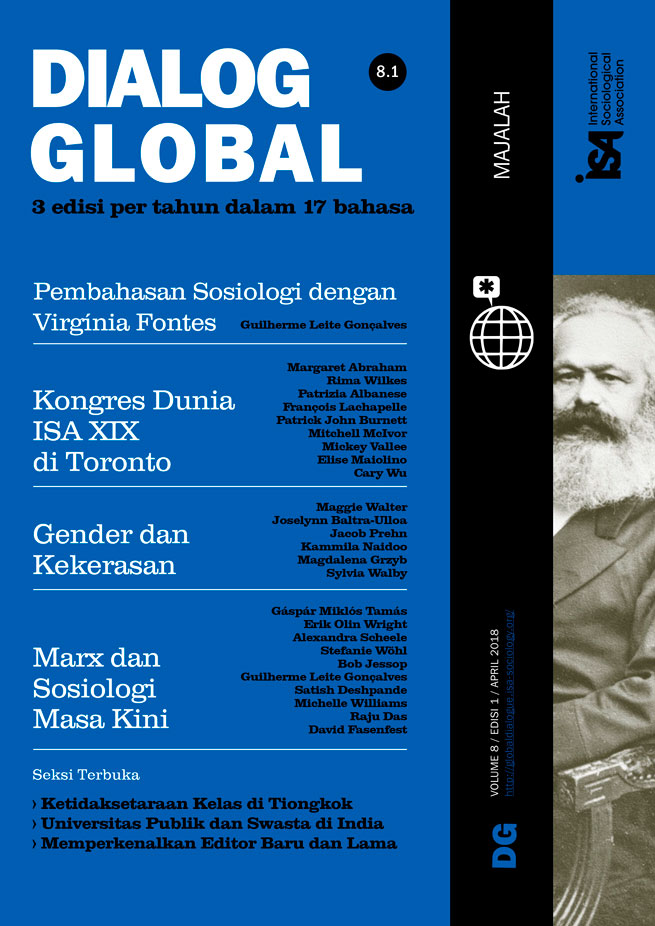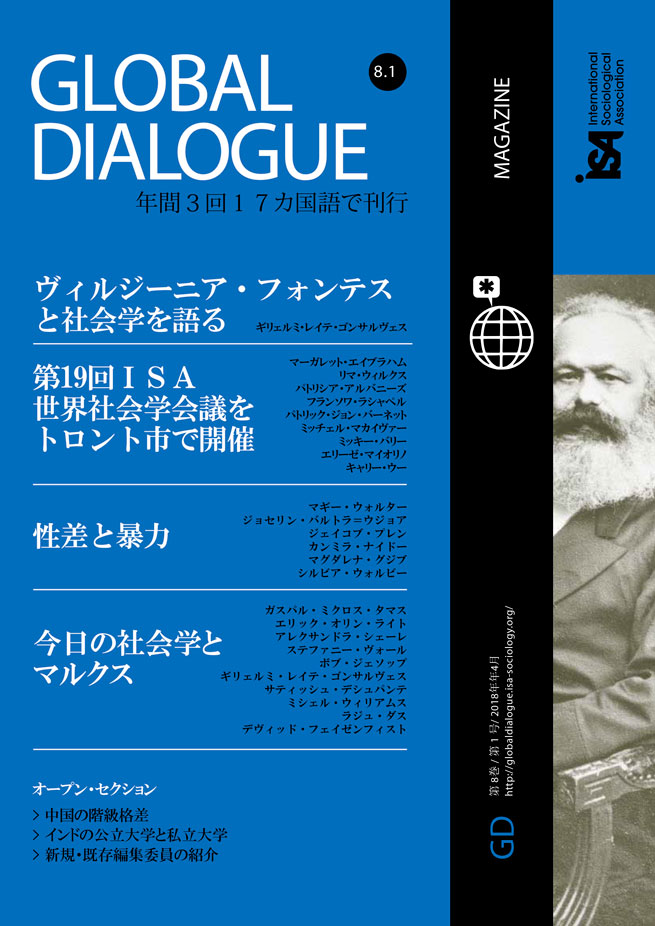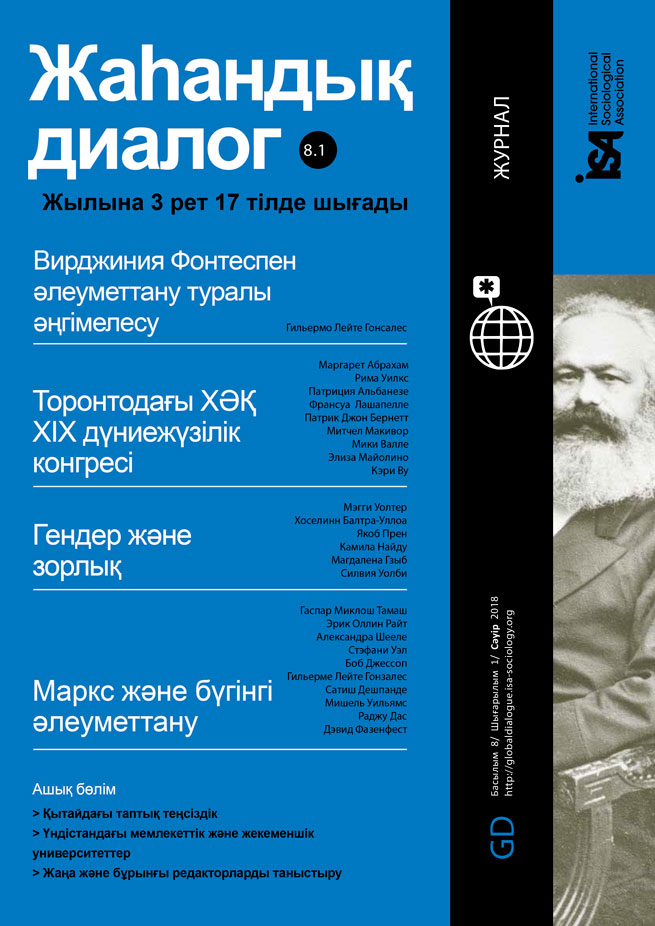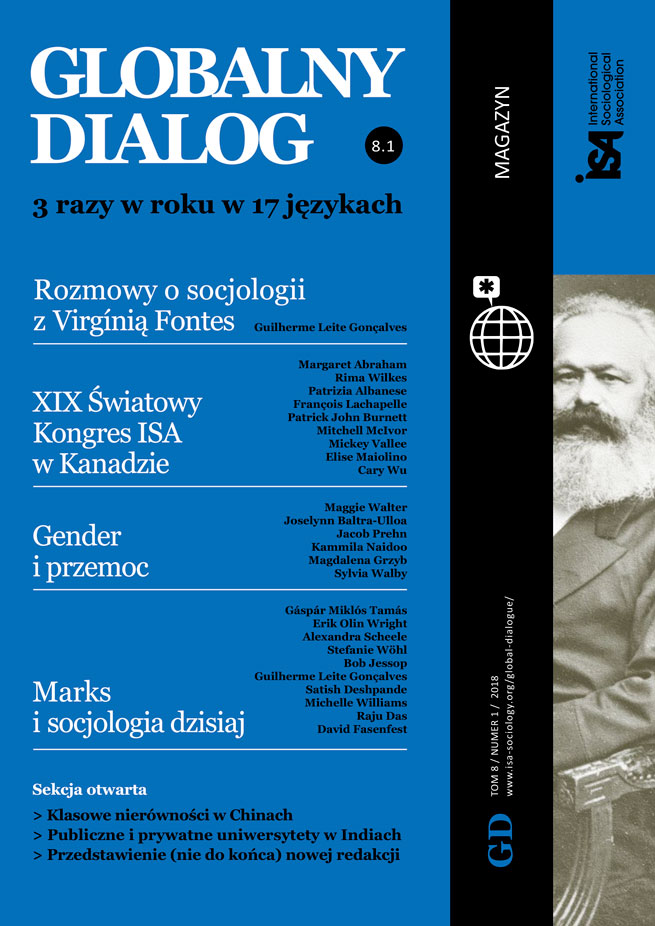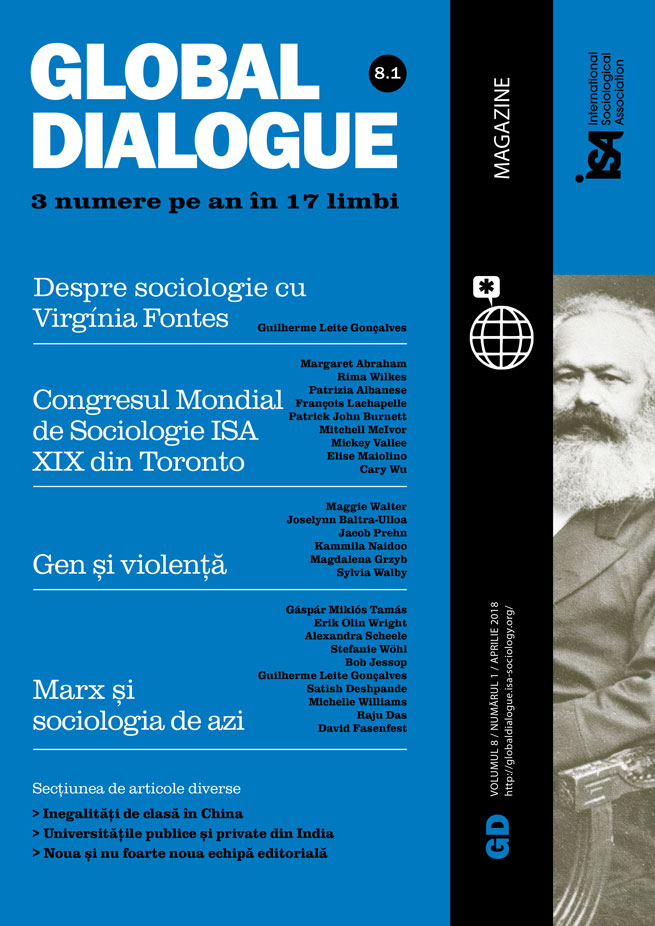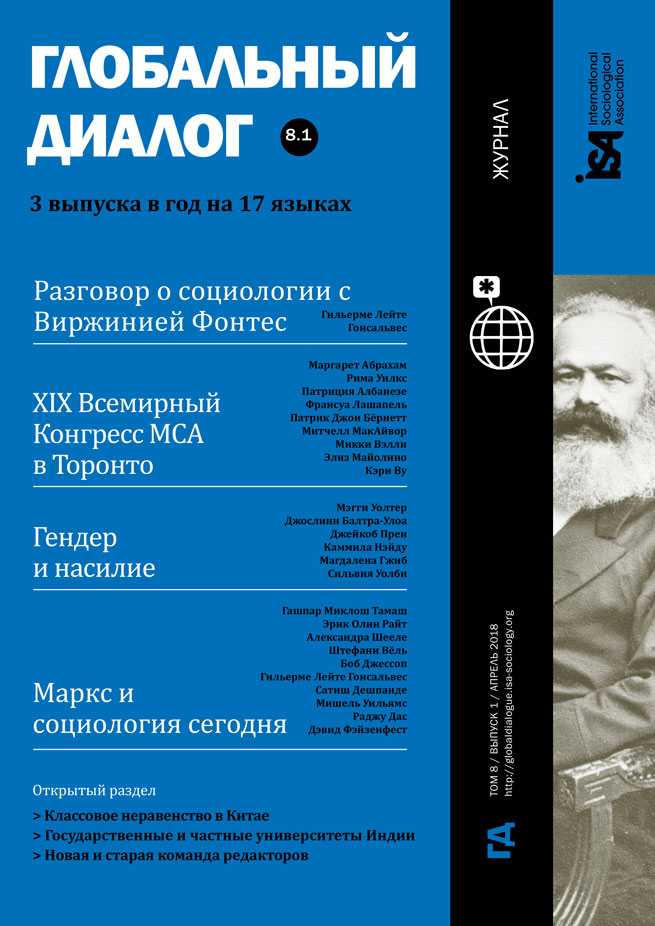Karl Marx lived in Europe 150 years ago, where he engaged in politics and wrote about Europe. Of the thousands of pages that he wrote, scholars have calculated that only about 400 pages dealt with non-European societies – for the most part journalistic writings on India, China, and the Ottoman Empire from the standpoint of British domestic policies. How, then, are his ideas relevant to the contemporary Global South (henceforward, South), the home of most of the world’s population in countries much less developed economically than those in Europe and the industrial North?
Setting aside questions of when Marx wrote, or the geographic focus of capitalist development, we will argue for a more nuanced dialectical view of Marx’s relevance to the South. But first, there is a need to avoid two dangers: world-regional exceptionalism (absolutizing the specificity of the South), and Eurocentric universalism (mechanically applying his ideas as if regions of the South are a warmer Europe or simply a “late Europe”). We reject the claim that Marx’s relevance is limited to his own time and place, and therefore not significant in the South – a view taken by postcolonial and postmodern theorists who maintain that regions of the South are very different from Europe. Clearly, not everything in Marx is relevant to the South, but much of it is.
Marx’s analysis focused on Europe as the site where capitalism, as a system, took root, rather than conveying any sense that European experiences were somehow privileged or unique. We can safely say that Marx’s analyses and writings were more fully embraced and practically advanced in Asia and throughout the Third World.
Marx’s ideas can be classified based on social relations and geography. In the first instance, his abstract ideas are about all forms of class society, whether it is the capitalist form of class society or society under advanced forms of capitalism. In the second, while some of his ideas are specific to advanced capitalism as it emerged in nineteenth-century Europe, to the extent that capitalist relations develop in the South, ideas about advanced capitalism in Europe may have some relevance.
The totality of Marx’s ideas as a body of intellectual work reflects, and seeks to promote, radical-democratic and anti-capitalist social change of all forms of class society, including changing society’s deeply-held prejudices and material practices against oppressed groups such as women and racialized minorities. Marx’s political economy of capitalist society considers its economy, state, culture, and ecological transformation, and contains ideas about revolutionary political practice.
Marx’s focus on the materiality of life is relevant to the Global South, where the needs of most people remain unmet. His dialectical materialist perspective allows one to see the South in terms of its stark material problems (lack of food, shelter, clothing, etc.), of its various contradictions, of its internal relations to the imperialist system, and so on. To the extent that the study of the South has been shaped by postcolonialism/postmodernism, and that these perspectives are skeptical of Marx, a counter-critique of the postcolonial perception of the South can and must be based in Marx’s own philosophical ideas. For Marx, human beings, as a part of nature, have material needs as well as cultural needs. To satisfy these needs, humans must interact with nature and with one another. They combine their labor with the means of production, ultimately derived from nature, in the context of social relations of production, to produce things to satisfy their needs. As productive forces develop, a surplus is produced and, with it, the potential for class inequality and class struggle over this surplus. In a class society, whether in the South or the North, the majority of free or unfree workers perform surplus labor. As Marx notes in Volume I of Capital:
“Wherever a part of society possesses the monopoly of the means of production, the worker, free or unfree, must add to the labour-time necessary for his own maintenance an extra quantity of labour-time in order to produce the means of subsistence for the owner of the means of production, whether this proprietor be […] a slave owner, […] or a modern landlord or a capitalist.” (Marx, Vintage Press, 1977: 344)
Although Marx’s empirical examples came from Europe, his approach to capitalism was basically global or internationalist. World commerce was the presupposition of capitalism, when Marx points out that commodity production and circulation – at first and as it becomes more developed – form the basis for international commerce and trade. The modern history of capital dates from this creation of a world-embracing commerce and a world-embracing market. In effect, the world-geography of trade is a precondition for capitalism, which in turn makes capitalism a global phenomenon.
Countries of the South must be fundamentally seen in terms of class in the Marxian sense as countries that have suffered from aborted democratic revolutions or agrarian revolutions against feudal relations, aborted national (or anti-imperialist) revolutions, and aborted or failed anti-capitalist revolutions. The capitalism of the South is deeply impacted by imperialism and coexists with a social formation which may contain remnants of feudalism and commodity production based in relations other than wage labor to include indigenous-collective traditions.
In closing, Marx’s ideas have been further developed from different perspectives in the Global South, post-Soviet societies and other emerging market economies, in opposition to a Eurocentric understanding of social change and resistance to capitalism. The fact that there are varieties of regional Marxism – African Marxism, Asian Marxism, Latin American Marxism, Indian Marxism, and Chinese Marxism (which is now being promoted in various schools of Marxism in China’s major universities) – and that Marxist studies on international development, imperialism, agrarian change, etc. are flourishing, suggests that Marx is relevant to the issues that concern the South. This is also indicated by the institutionalization of Marxist ideas in the form of Marxist journals published in the South or more generally dealing with the South.
Raju Das, York University, Canada and member of ISA Research Committee on Economy and Society (RC02) <rajudas@yorku.ca>
David Fasenfest, Wayne State University, USA, treasurer of ISA Committee on Economy and Society (RC02) <david.fasenfest@wayne.edu>




